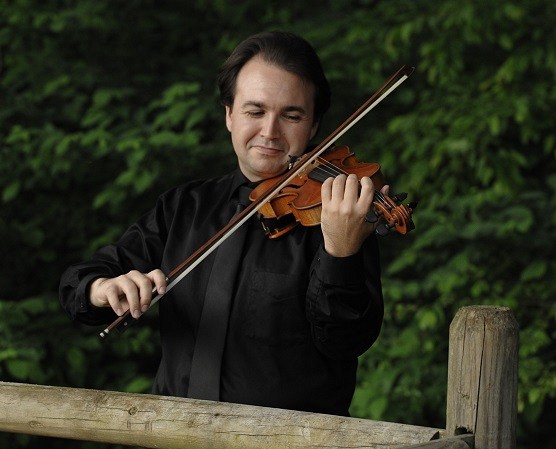We were lucky to catch up with Geronimo recently and have shared our conversation below.
Geronimo, appreciate you joining us today. Are you able to earn a full-time living from your creative work? If so, can you walk us through your journey and how you made it happen?
I have been incredibly fortunate to make a good and rewarding living from my lifelong passion and vocation as a musician. While it is true that, in hindsight and without noticing, my career started in early childhood, it never felt like a chore, or something I was pressured by my parents to pursue. I guess in my case, the old adage, “if you do what you love, you’ll never have to work a day in your life” DID come true.
I started Suzuki violin lessons at 4 years-old, just like any other after school activity, in my native Uruguay. I wasn’t a prodigy, nor did I practice for hours on end, but I did love to play for people and progress through the repertoire. I also had a very kind, and patient teacher, which made a huge difference. I certainly had other interests (cartooning and animation were definitely up there), so it wasn’t until I turned 12 and joined my first youth orchestra that I seriously considered becoming a professional musician. I have very fond memories of my high school years, working through the ranks until eventually becoming concertmaster, embarking on concert tours throughout the country, and rushing to the local CD store to spend my monthly stipend on classical music recordings.
While still in high school, and after a successful audition, I began to sub with the national symphony orchestra, and thinking about my next big step. For my 9th birthday, my grandparents had taken me on an unforgettable holiday trip to the U.S. This planted a seed early on for my desire to attend university in the U.S. and learn from the great violinists and pedagogues I had grown up admiring. So, in addition to music, I had also become very serious about learning English, both by taking classes in languages institutes, and by being a voracious reader and TV watcher. Again, making it fun made it feel like I wasn’t doing homework at all!
Right after graduating from high school, I was fortunate enough to be accepted into the College of Charleston on a full scholarship. This led to wonderful professional and mentorship opportunities as violinist and music librarian with the Charleston Symphony and prepared me to pursue my Master’s and Doctorate degrees at the North Carolina School of the Arts and the University of Oklahoma, also on scholarship.
In this profession, one thing usually leads to another; in addition, networking and being knowledgeable, dedicated, passionate, professional, and easy-to-work-with goes a long way. I believe this combination has led me to many exciting teaching and performing jobs in multiple states (SC, NC, VA, OK, TX, AR), as well as summer festivals nationally and internationally (Brazil, Canada, Spain, Austria, France, Japan). I have learned from and worked with wonderful colleagues in every single one of these opportunities.
To answer the last part of the question, being an international student from a third-world country I oftentimes felt like I had to play catchup with some of my friends and colleagues who were born here and had had access to “the right school” or “the right teacher” when they were starting out. While this is definitely advantageous, it is not the only way to develop one’s full potential and get a rewarding job. I have found that approaching your career like a marathon, rather than a sprint, pays off better in the long run. And everyone learns at their own pace!
Finally, I like to instill in my students a continuous sense of curiosity and to become a lifelong learner; this means, continuously trying to refine one’s technique, musicality, and craft, and always seeking out advice and nuggets of wisdom and experience from people you look up to (and not just in your field!). Progress is not usually linear and comes in waves, so you must always be open to opportunities for growth. I’m currently in my mid-40s, and, thanks to the many great violinists offering online courses and lessons via subscription services, I probably appreciate and enjoy practicing and improving now more than ever!
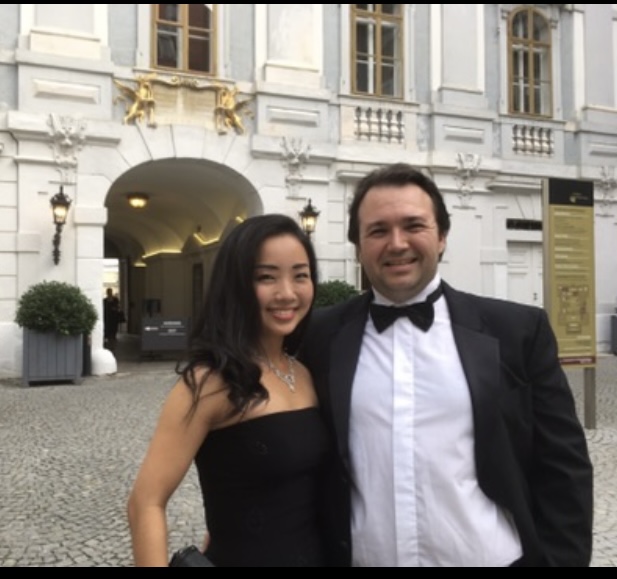
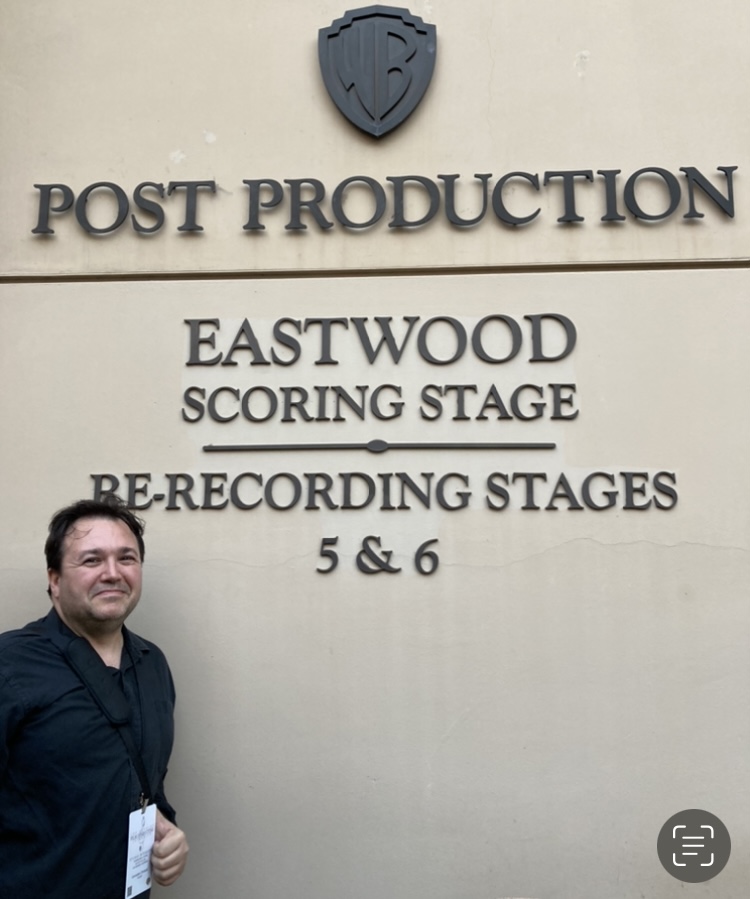
As always, we appreciate you sharing your insights and we’ve got a few more questions for you, but before we get to all of that can you take a minute to introduce yourself and give our readers some of your back background and context?
One of the great things about this profession is the opportunity to wear many hats – and how each “hat” informs the other -. In addition to being a violinist, I am also an educator, arranger, lecturer/researcher, and orchestra librarian. I started teaching about 20 years ago, and I can honestly say it has made me a better player. Regardless of the setting (private lessons, orchestra sectional, program for underserved children, masterclass, university teaching, adult student, etc.) being able to articulate a concept clearly and efficiently, and witnessing the student making it their own, is incredibly rewarding.
About 10 years ago I had the idea of combining my lifelong love for chamber music, comic books/pop culture, standup, and film music into one performance experience. I started applying my years of orchestration and music theory to arranging (repurposing or reducing) excerpts from my favorite film scores for string quartet. I would perform these selections with my old quartet buddies back home, introduced and MC-ed by my comedian friends, while clips from the related film, show or videogame would be projected behind us on a big screen. What started off as a fun lark among friends morphed into a recurring concert series; we were also invited to perform at comic book conventions, videogame exhibits, and school programs. On a broader scale, the demand and popularity of these arrangements (about 300 of them) has enabled me to sell them on sheetmusicplus.com and similar sites, with downloads across five continents; indirectly, it also resulted in me being invited to play and record film soundtracks in Hollywood, at the legendary Warner Bros. Studios. Finally, and in a more academic vein, I’ve also been able to “repackage” this format and offer college lectures on film music at various universities (in OK and AR), marrying the live experience of a string quartet with film projection, and analysis.
In addition to film music, my other big passion is 18th century music (what we call the High Baroque and Classical periods).
One of my longtime dreams has been to lead a conductor-less chamber orchestra where I get to choose my favorite repertoire and perform it in appropriate settings (old churches or cathedrals with great acoustics, as well as house concerts), with a hand-picked elite corps of colleagues and friends. Last year I felt like the stars had finally aligned and wanted to test the waters to see if audiences would be as passionate as I was for this niche kind of project and music, so I founded Camerata Little Rock. Through self-funding and donations, the ensemble now has its own concert series (with growing audiences at each performance), and is in the process of expanding its roster, offering educational residencies at local universities, and achieving non-profit status (thus being able to apply for grants and receive more substantial gifts and contributions to expand the reach of the project).
And last but not least, an interest in music research and librarianship led me to my current position with the Arkansas Symphony, where, in addition to playing and teaching, I am the organization’s full-time Music Librarian.
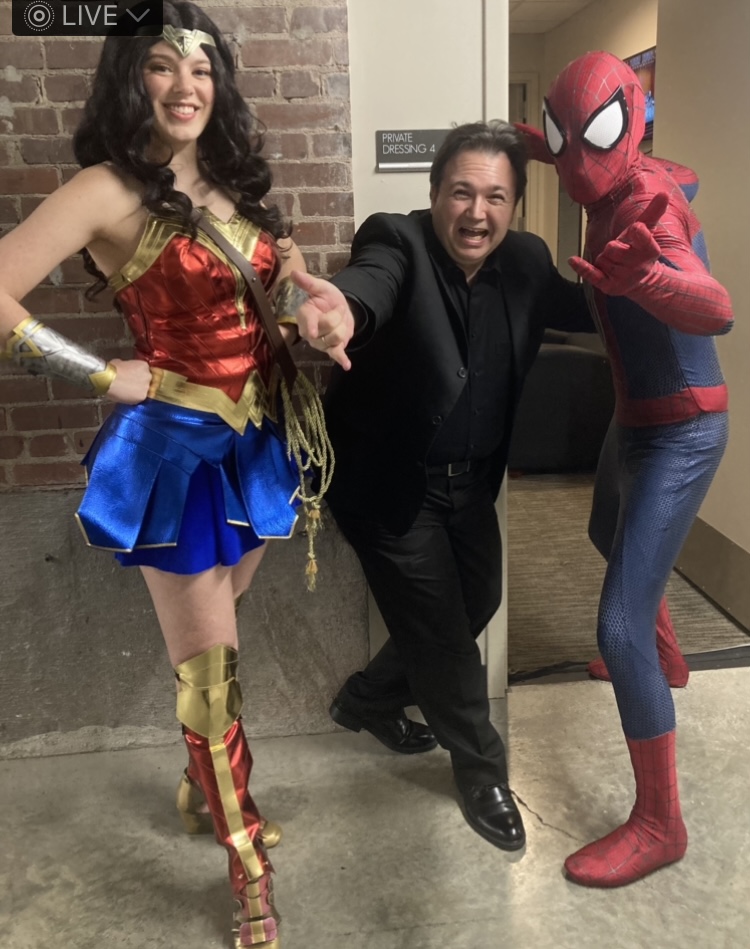
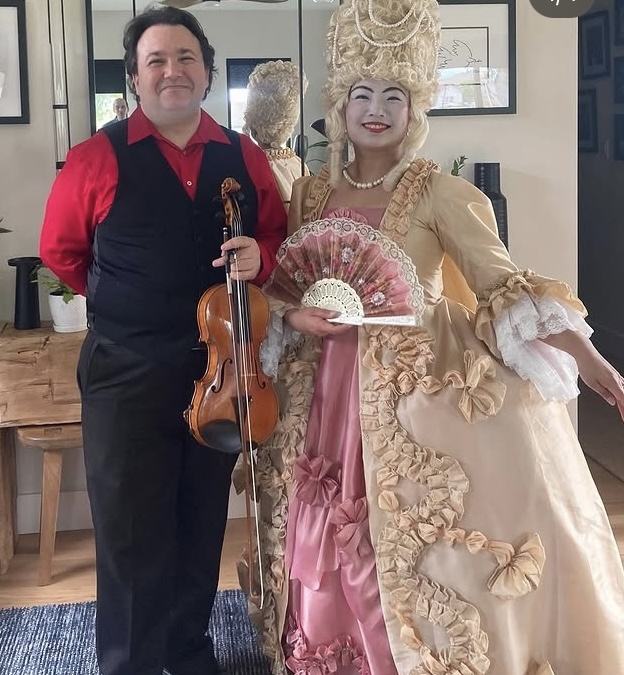
We’d love to hear a story of resilience from your journey.
During my senior year in college, I decided to apply to some pretty major conservatories for my master’s degree. While my violin teacher helped me prepare for these auditions, the playing level expected was just too high and I had no connections to the faculty, so I got rejected by all of them.
Feeling defeated, I ended up staying in my school for an Artists’ Diploma (a 2-year non-degree program) while I strategically planned my next round of auditions. I practiced for 6 hours every day, attended multiple summer festivals, took lessons with prospective teachers, saved money, and came up with a short list of financially viable yet renowned schools where I could potentially be accepted, and work with teachers that were a good match for me. I distinctly remember taking long overnight Greyhound bus and Amtrak train trips to these schools, since I couldn’t afford flights, and walking for blocks in my concert shoes and dress shirt under the snow to some of these auditions.
I fortunately got accepted to all of them (on scholarship!) and ended up attending the North Carolina School of the Arts, with a wonderful teacher and mentor who, to this day, continues to inspire and inform my playing and teaching. I learned so much during my Master’s degree that time flew by, and it prepared me to win my first professional orchestra and teaching auditions and be granted my first work visa upon graduation.
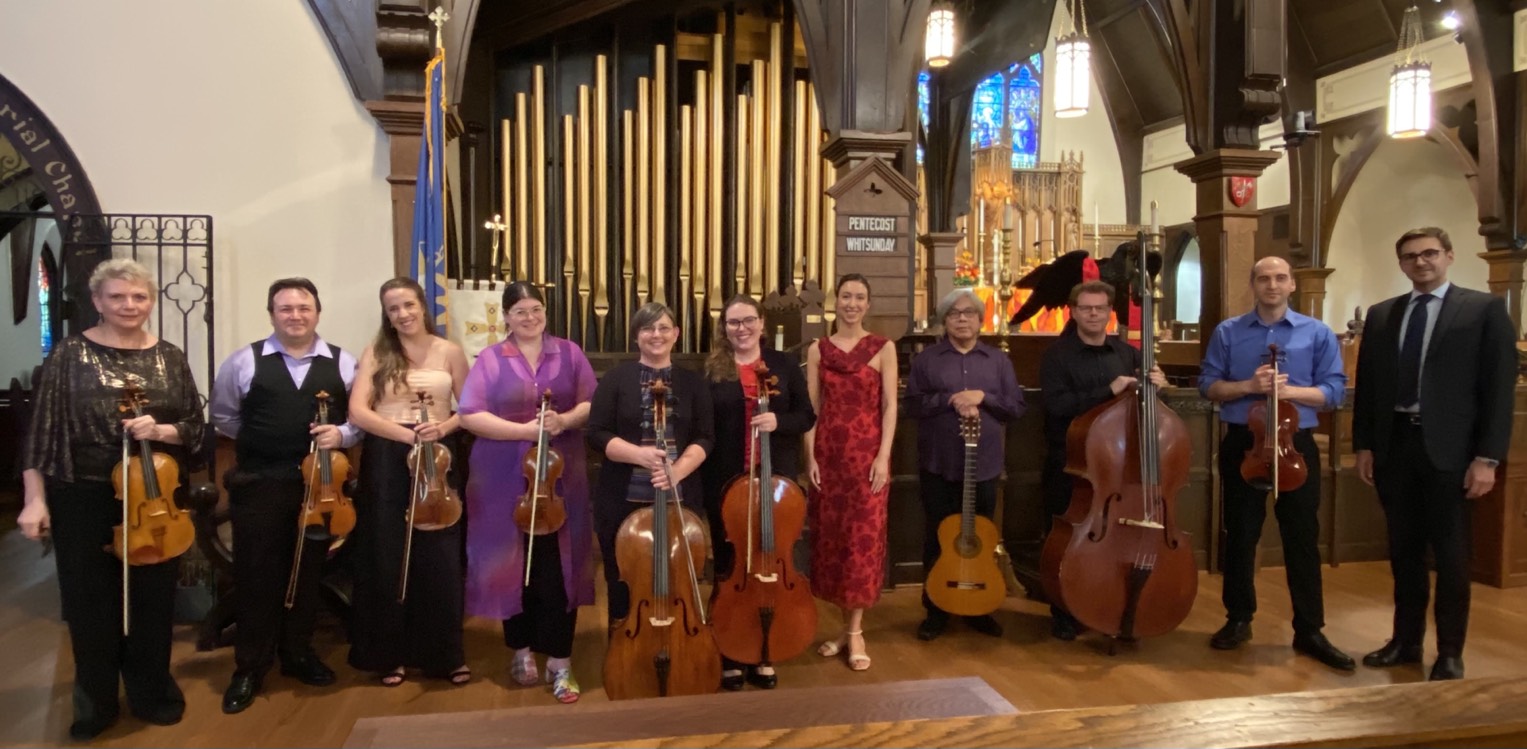
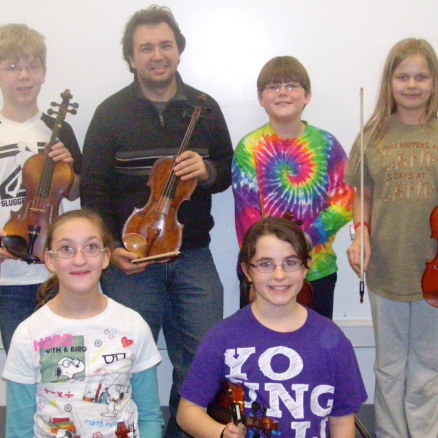
What do you find most rewarding about being a creative?
It is impossible to list just one! I’ve already outlined most of them and I find that they all feed from each other, so, in summation:
– The possibility to wear multiple hats throughout one’s long, fulfilling career makes it evergreen
– Being a curious, lifelong learner, since you never truly master your instrument or craft. If you think you do, you’re delusional and in serious need of a lesson in humility!
– Traveling the world and collaborating with/learning from trusted, fun, and knowledgeable colleagues
– The fulfillment of creating and leading an artistic “passion” project to fruition. Sharing it with an audience and receiving their enthusiastic support and patronage is ALWAYS the ultimate rush and reward for one’s hard work and dedication
Contact Info:
- Linkedin: https://www.linkedin.com/in/dr-geronimo-oyenard
- Youtube: https://www.youtube.com/@geronimooyenard3286
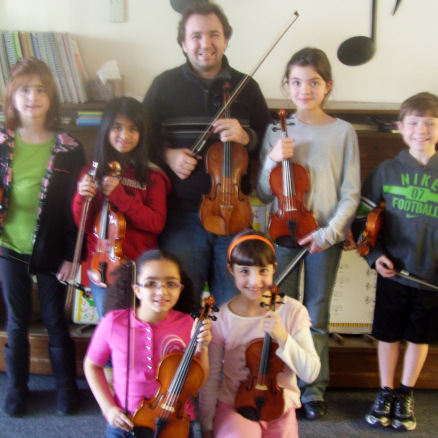
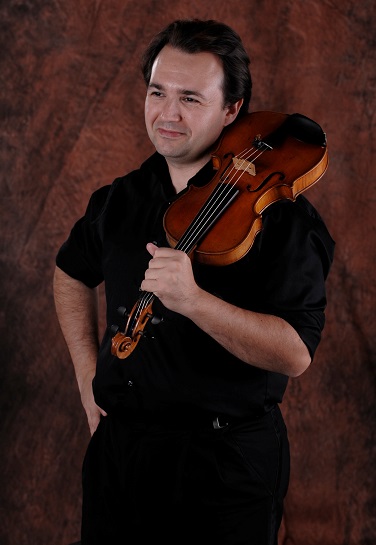
Image Credits
Headshot/studio picture: Philpott Photography


